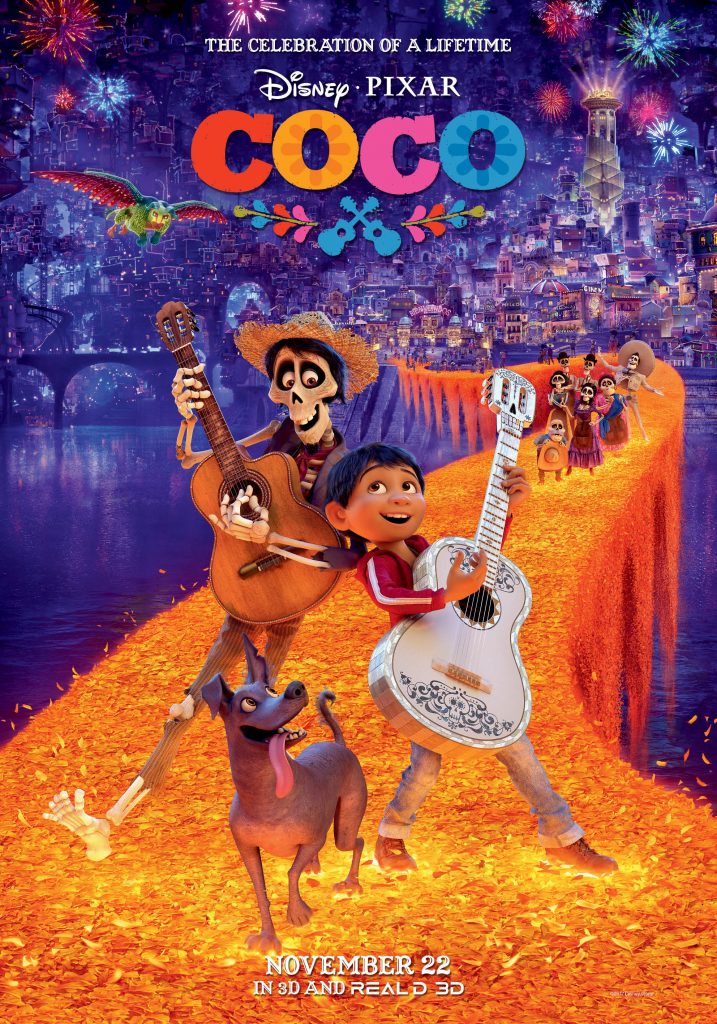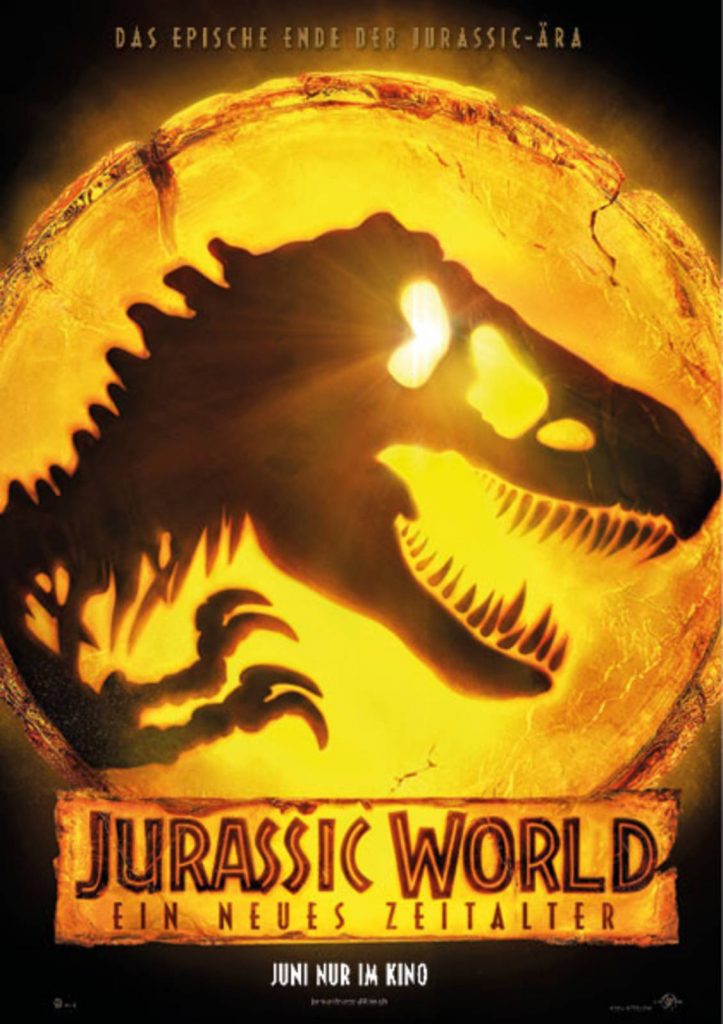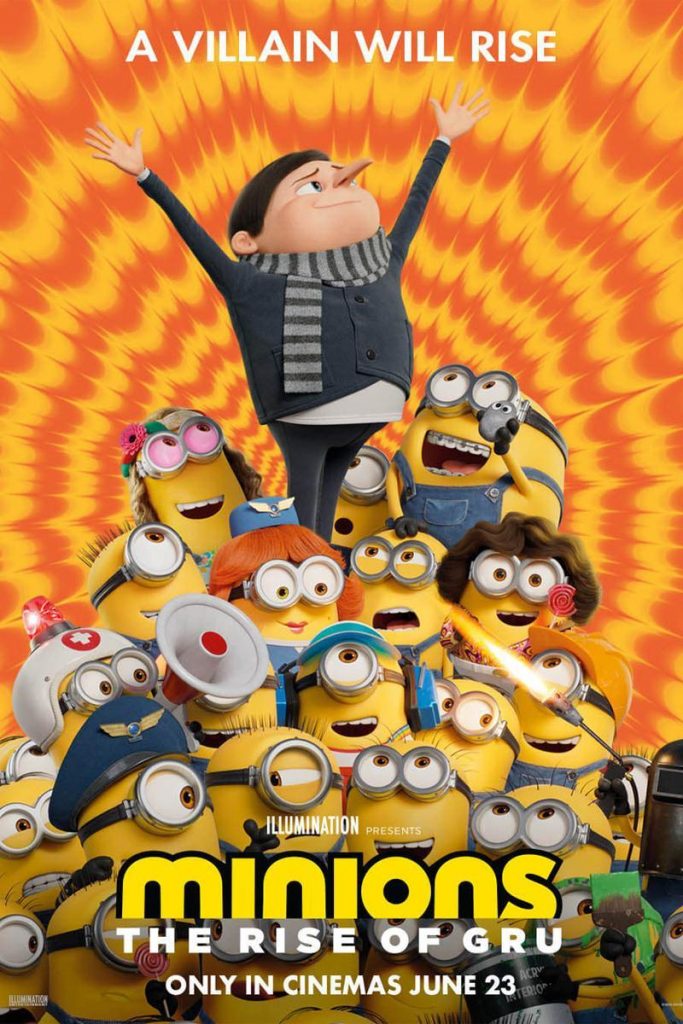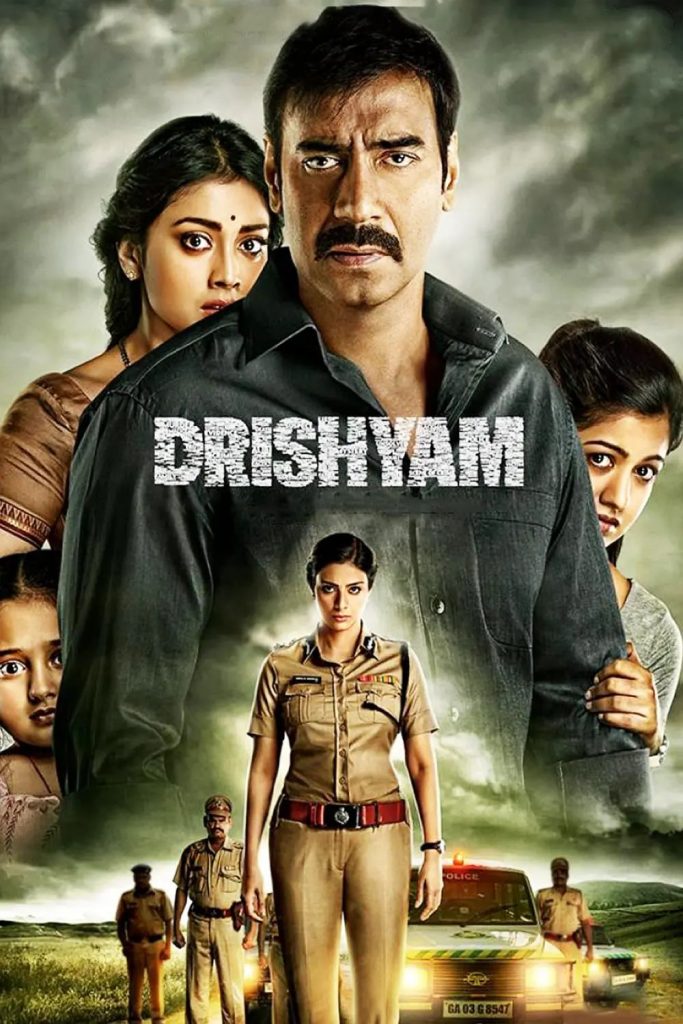The tender, heartfelt family drama Wonder Boys is impeccable, except for the translation of its title, which is a little stretched. The word “Wonder” is extremely concise, yet meaningful and long-lasting. The optimism and resilience of the young hero is certainly a miracle, but there is more to it than that: life, encounters, humanity, family and friendship. What the heart feels is a miracle.
The film tells the tender story of Auggie, a ten-year-old boy born with a deformed face, who comes into contact with, confronts and integrates with the outside world. This subject matter of friendship, respect and love has always been classic and widespread, but as a result it tends to run short of freshness. In the case of Miracle Boy, however, this is not a concern: even if you know the whole story before you see the film, the heart-warming scenes and lines will still hit the softest part of your heart unawares. In the system of love, there should never be a concept of inferiority.
This is not the first time that a film or television production has been made about a person with a facial deformity. For example, David Lynch’s 1980 film The Elephant Man reveals the dark side of human nature through the tragedy of a person with a facial deformity whose face resembles an elephant. In the twisted and gloomy society of the time, living was a curse for the Elephant Man, who shouted from the corner of the train station: “I’m not an animal, I’m a human being! But there was no way to be treated fairly. The dignity that is within the reach of ordinary people has become a luxury that he chases all his life, a catch-22 in the void.
In contrast, the tone of Miracle Boy is clearly quite lively and bright, with an enthusiastic tone at times, both in the soundtrack and in the scenes. Yet such cruelty and injustice is ultimately inevitable. Auggie has been home schooled with his mother since he was a child, and it is only in the fifth grade that he actually leaves home for the first time and enters the primary school that his parents have carefully chosen for him. This is difficult for normal children, but for little Auggie, who has always been “in the limelight”, it is breathtakingly difficult.
A tidal wave of discomfort comes to young Auggie from all sides: his classmates look at him, laugh at him, reject him, intentionally or unintentionally. It is the same nightmare that repeats itself every day. Is this an evil that other children are born with? Perhaps not, but perhaps it is. A child’s expression is straightforward, pure and innocent, but it can also hurt like a sharp dagger.
The other children tease Auggie with impunity for one obvious reason: he is different and that difference is impossible to ignore and therefore unbearable for them. This demarcation is so powerful and so pervasive that Auggie, like a child running against the crowd in the playground, is subjected to unwarranted accusations – even if he is not a negative disturbance to anyone. The inability to report the same respect for differences is an unconscious evil hidden deep in human nature.
Little Auggie in Miracle Boy is lucky to have parents who are quite wise and compassionate, a small group of friends who accept him completely, and an unfailing tenderness and strength to lead him on, but such precociousness and strength is always tinged with a little bit of heartache. I wish that every child who is different could be treated with tenderness and care, always embraced and cared for with unfailing love, instead of being forced to learn to understand and be strong at an early age after being forced to go through the world.
Some are born different, so warm that you want to cry.













